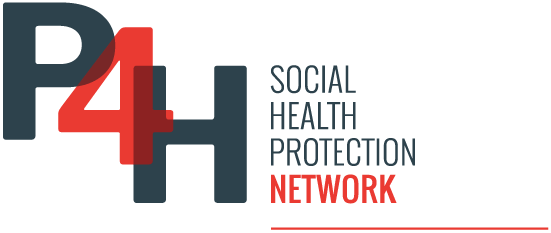This article is originally published in BMC Public Health, aiming to examine the effects of the integrated medical and health care service system on chronic disease patients' health care behavior and the trend of changes in their financial burden and the composition...
Effects of public long-term care insurance on the medical service use by older people in South Korea
Abstract Public long-term care insurance (LTCI), which provides home and institutional care benefits, was introduced in July 2008 in South Korea. This study aims to evaluate the effects of the introduction of LTCI on older people's medical service use, including...
Cameroun-Projet Backup Santé : Rapport final
Le Ministère de la Santé a réalisé en 2020, une étude pour évaluer les politiques relatives au genre dans la santé du Cameroun, en collaboration avec le P4H et la GIZ. L’objectif de l‟étude était d‟analyser la transformation sociale favorable aux femmes à travers le processus de budgétisation en utilisant la méthodologie à l‟aide de l‟outil « Equity Budgeting Tool ».Selon les résultats de cette étude, des discriminations de genre persistent dans le secteur de la santé, même si des efforts sont déployés pour les réduire. Les inégalités sont visibles au niveau de l‟accessibilité à certains soins de santé pour les femmes et dans certains groupes spécifiques en milieu rural où se pose avec acuité la question de disponibilité des médicaments et structures de santé. Ainsi, la persistance de ces inégalités contredit les discours politiques et les stratégies nationales qui énoncent l‟élimination des inégalités liées au genre.
C‟est dans ce contexte que le Projet BACKUP SANTE de la GIZ, a commandité la présente étude qui se situe dans la continuité des initiatives antérieures mises en œuvre, afin de mieux comprendre les enjeux genre dans le financement de la santé, afin d‟atteindre les objectifs de la Couverture Santé Universelle.
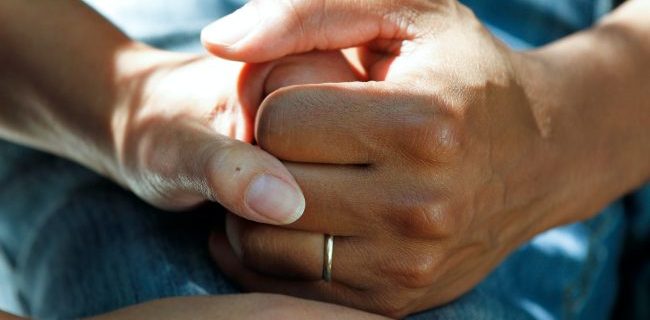
Population ageing and health financing: A method for forecasting two sides of the same coin
A study published in the Health Policy journal of Science Direct proposes a method to forecast how ageing affects both health expenditures and revenues. It suggests a range of policy options to address financing gaps.Abstract There is a perception that population...
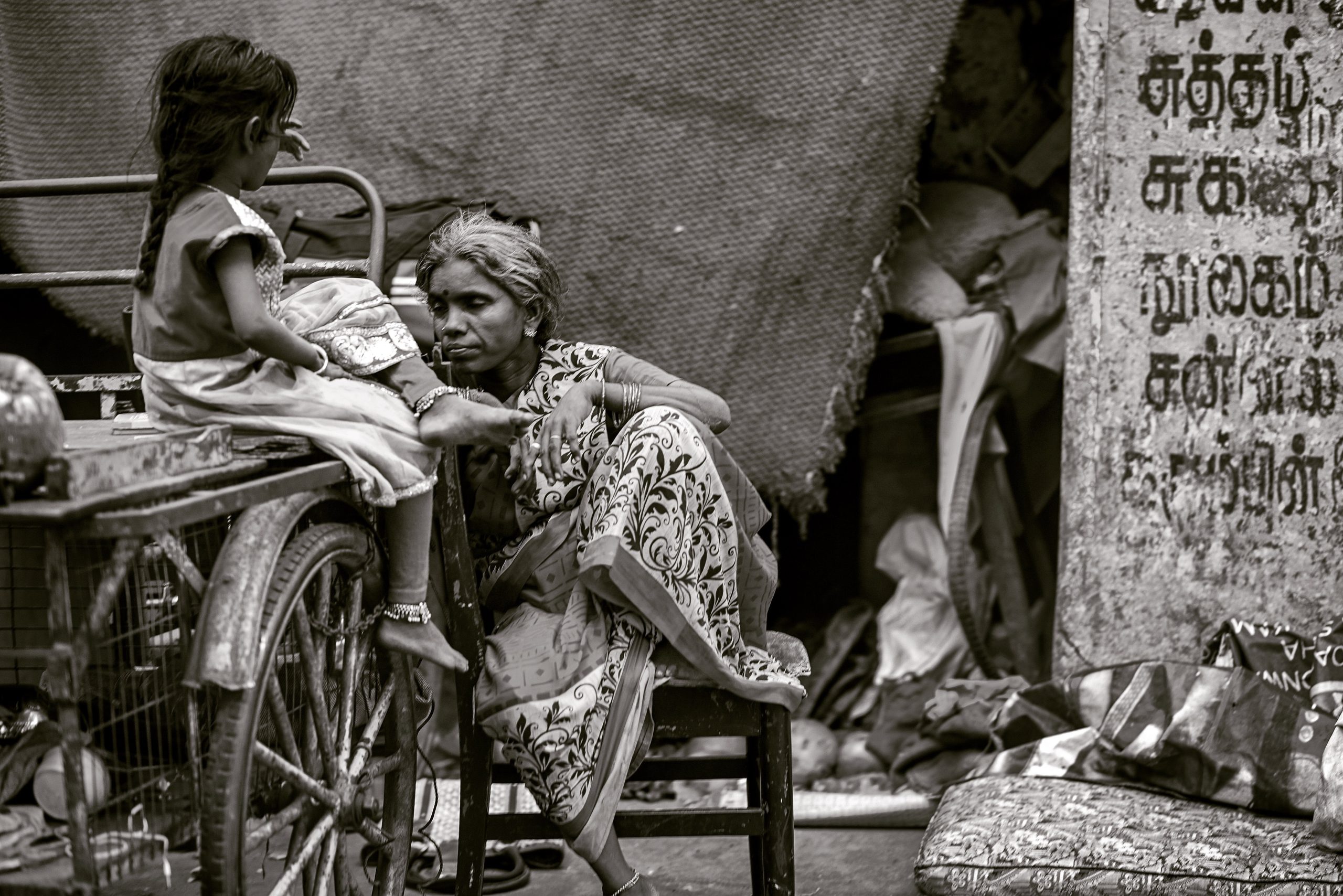
Catastrophic health spending among older adults in India
Deprivation among the aged population and its implication on households is a global concern due to the unprecedented rise in the geriatric population. Old age is a period of many vulnerabilities, falling health, retirement from the workforce, no/reduced income,...
Expanded home healthcare system
This initiative reduced out-of-pocket spending on palliative care due in part to the shift toward lower-cost, community-based services such as home care and outpatient visits. It also led to better utilization of resources in hospitals. Read More
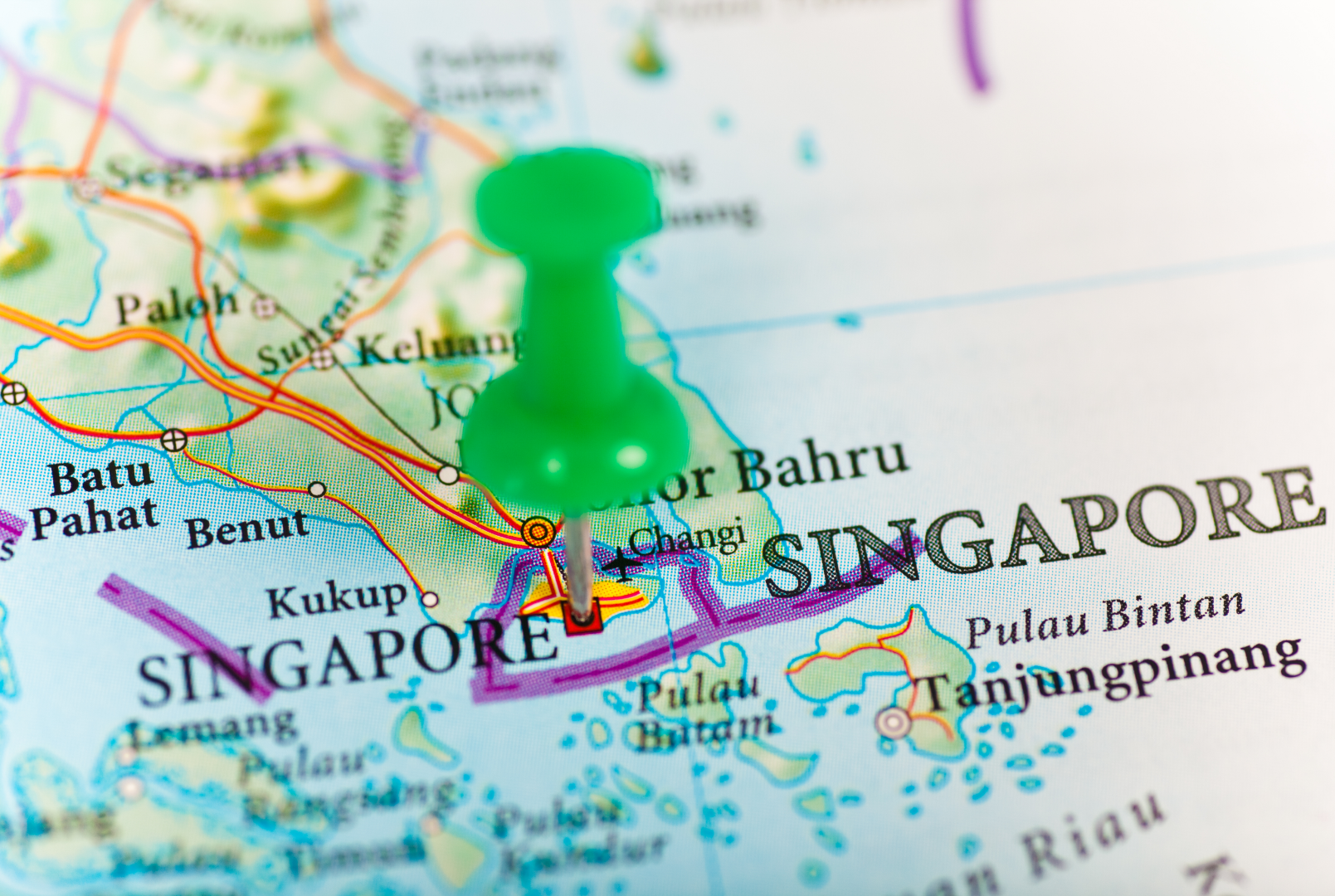
Singapore will release MediSave top-ups for senior citizens in July
This year Singapore will allocate a total of S$270 million to MediSave top-ups for senior citizens. In July, Singaporeans born in 1959 and earlier or aged 63 and over will receive MediSave top-ups between S$200 and S$900. In addition, those born in 1939 and earlier...
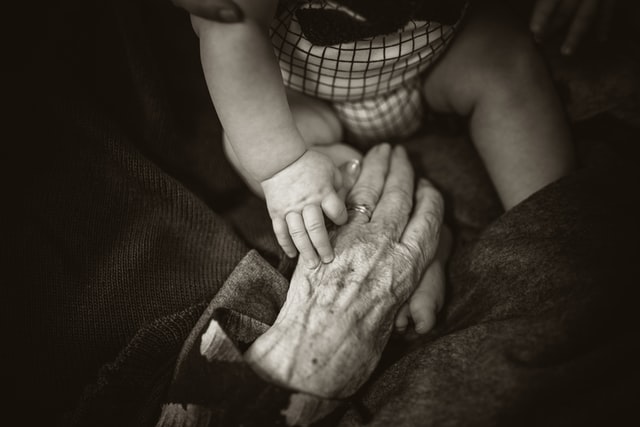
Health issues and health care expenditure among elderly in India
The study synthesises the empirical research studies and discusses the health need of the elderly population, healthcare utilization and healthcare expenditure. Despite an increasing feminization of India's older population, women's health in later life and the health...
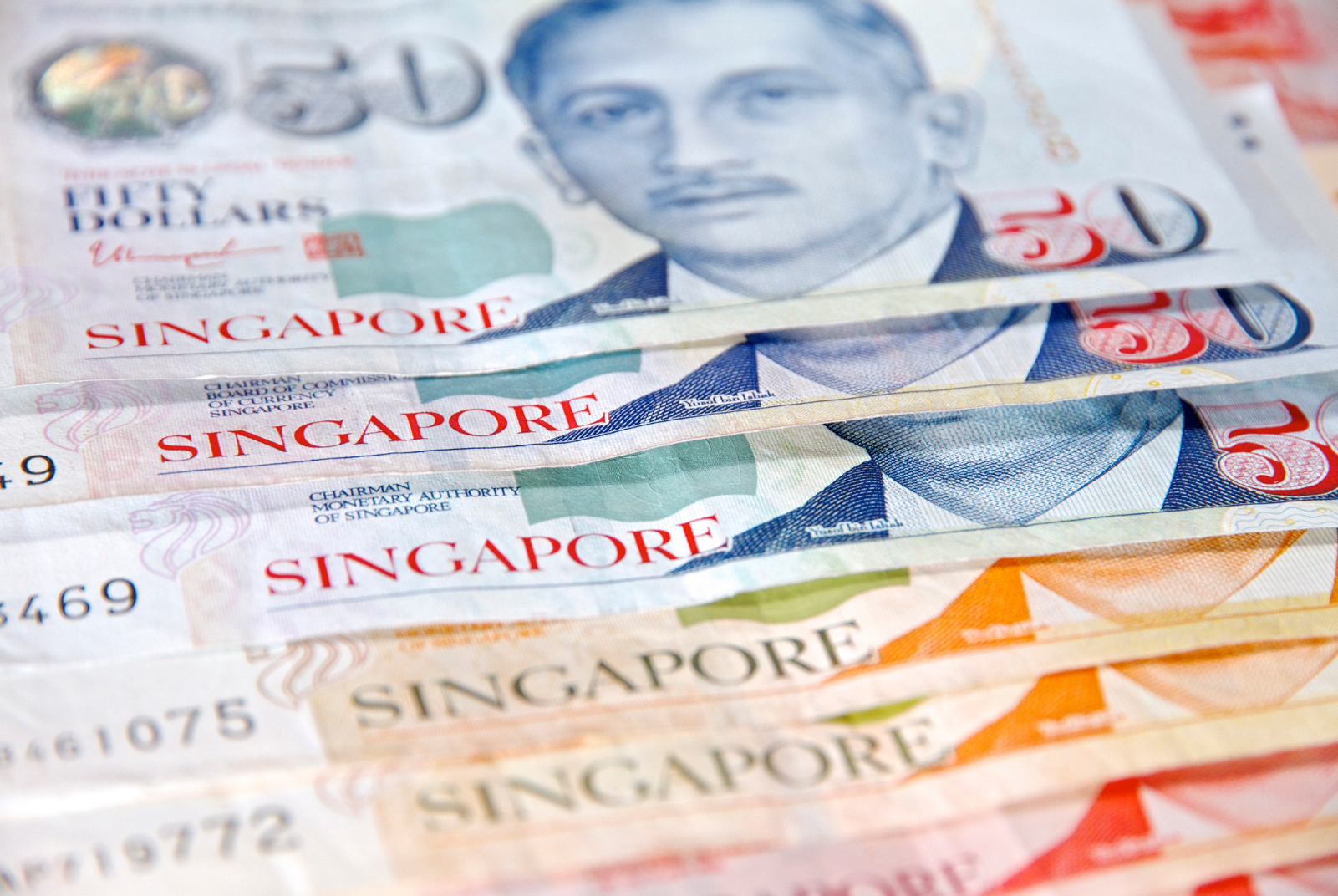
Singapore’s health care expenditure is expected to significantly increase by 2030 due to population ageing
Due to population ageing, healthcare will account for the bulk of increases in government social spending by 2030 as it is predicted that the older population will account for 25 percent of Singaporeans. It is estimated that if the current healthcare spending,...
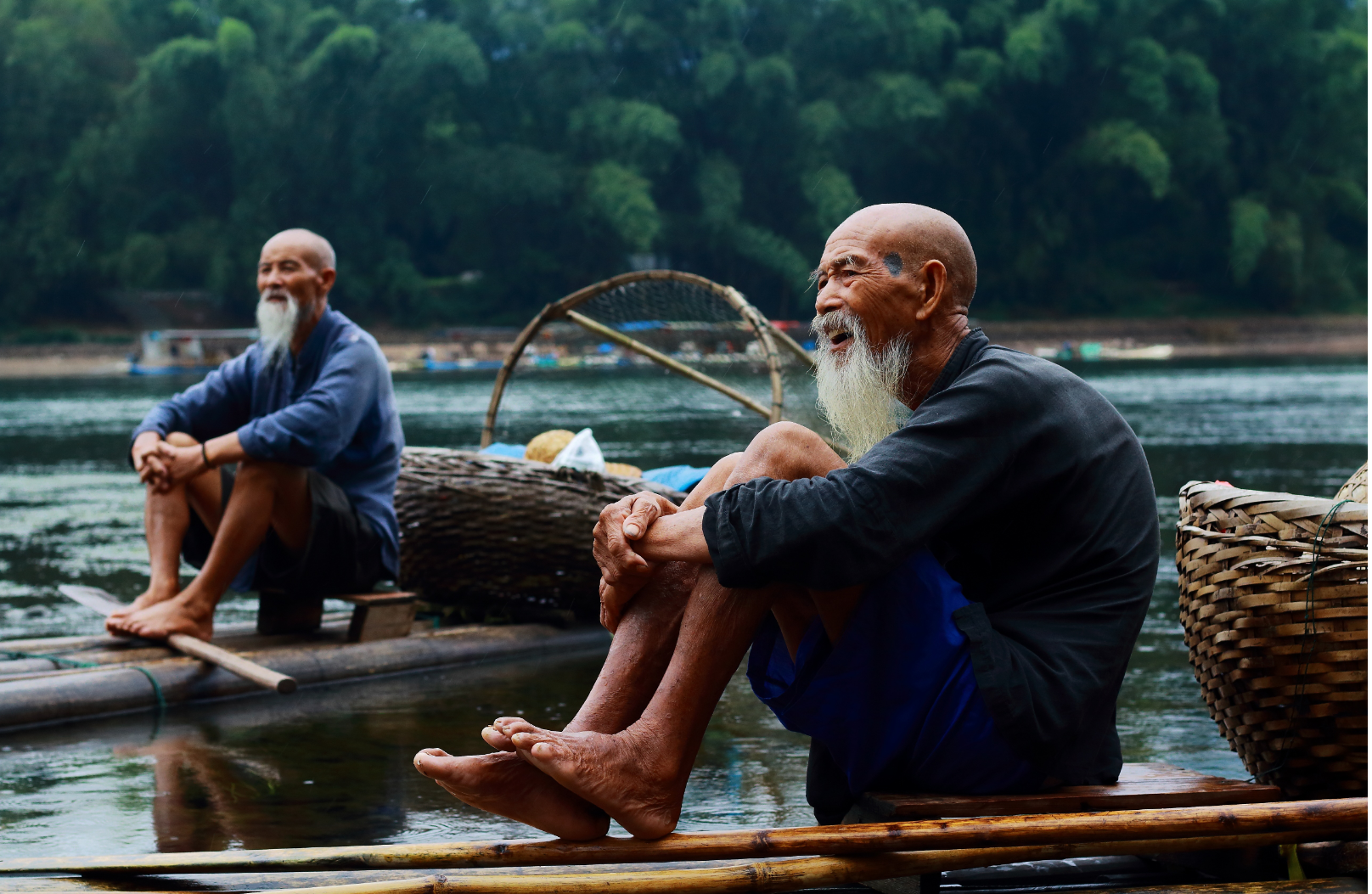
China plans to improve elderly care services nationwide in 2023
A rise of population ageing leads to increase medical and care needs among older population in China. Local governments will start to pilot programmes next year to improve medical and care services for the elderly, with the goal of rolling out the scheme...
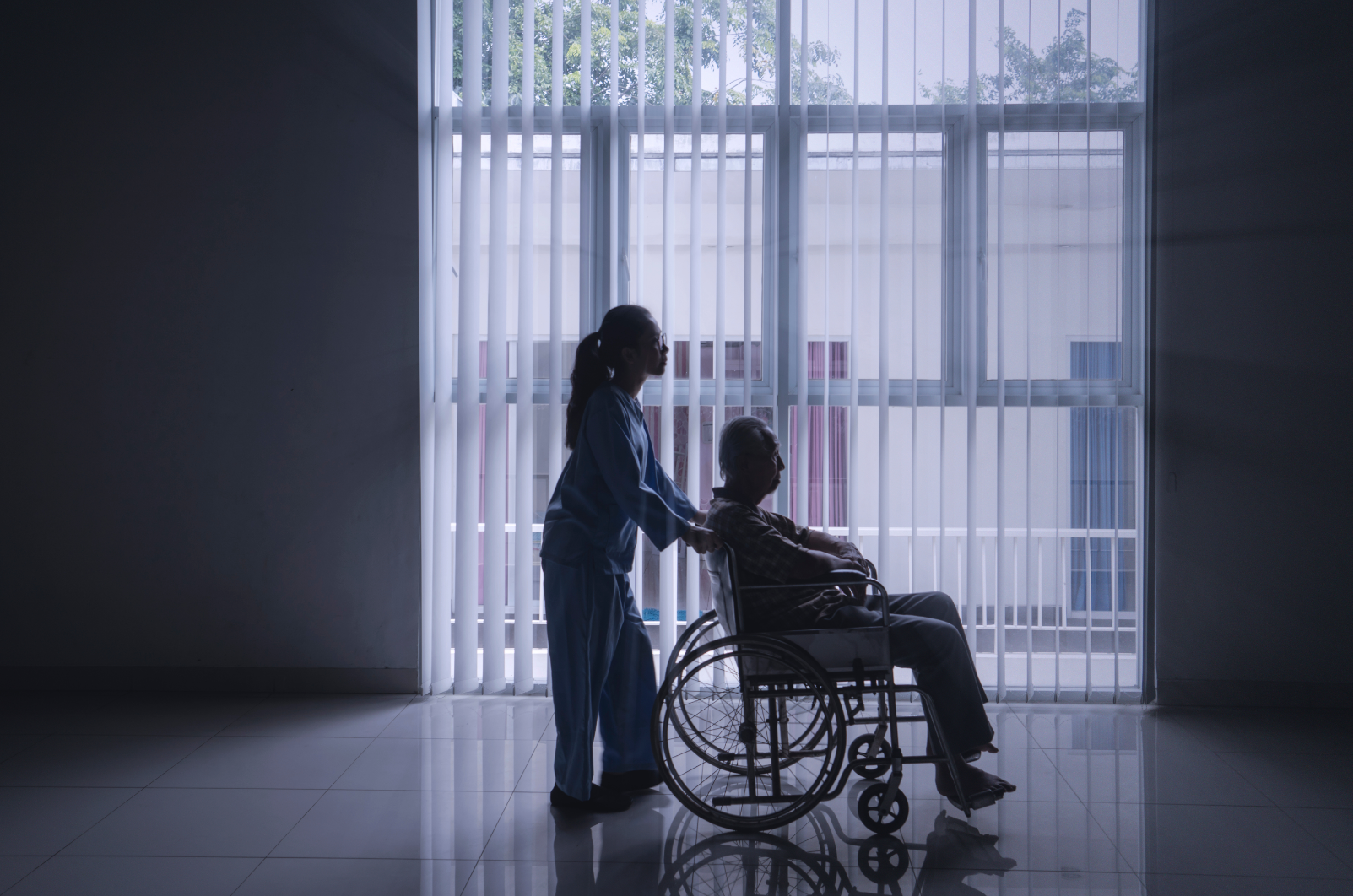
Singapore will open a long-term disability program for people born in 1979 or earlier
Long-term care is needed for dependent older persons. However, the cost of long-term care and duration of disability are unpredictable. Thus, a new long-term disability program so called “CareShield Life” has been introduced to provide a basic lifetime financial...
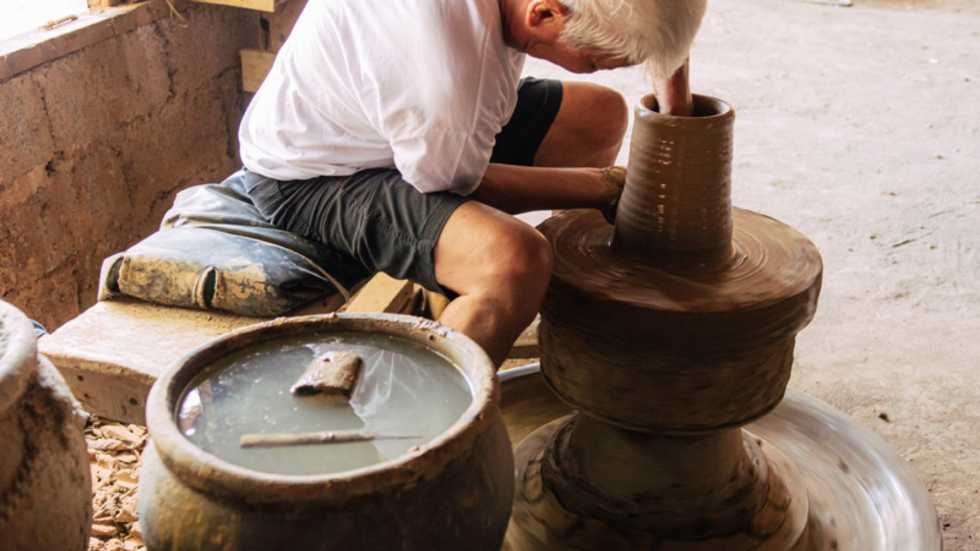
Government subsidies target senior citizens to join PhilHealth
In Philippines, Filipinos aged 60 years old and above who currently are not covered by the PhilHealth and do not have a regular source of income are now mandatorily covered under PhilHealth. While their annual premium contributions will be subsidized by the government...
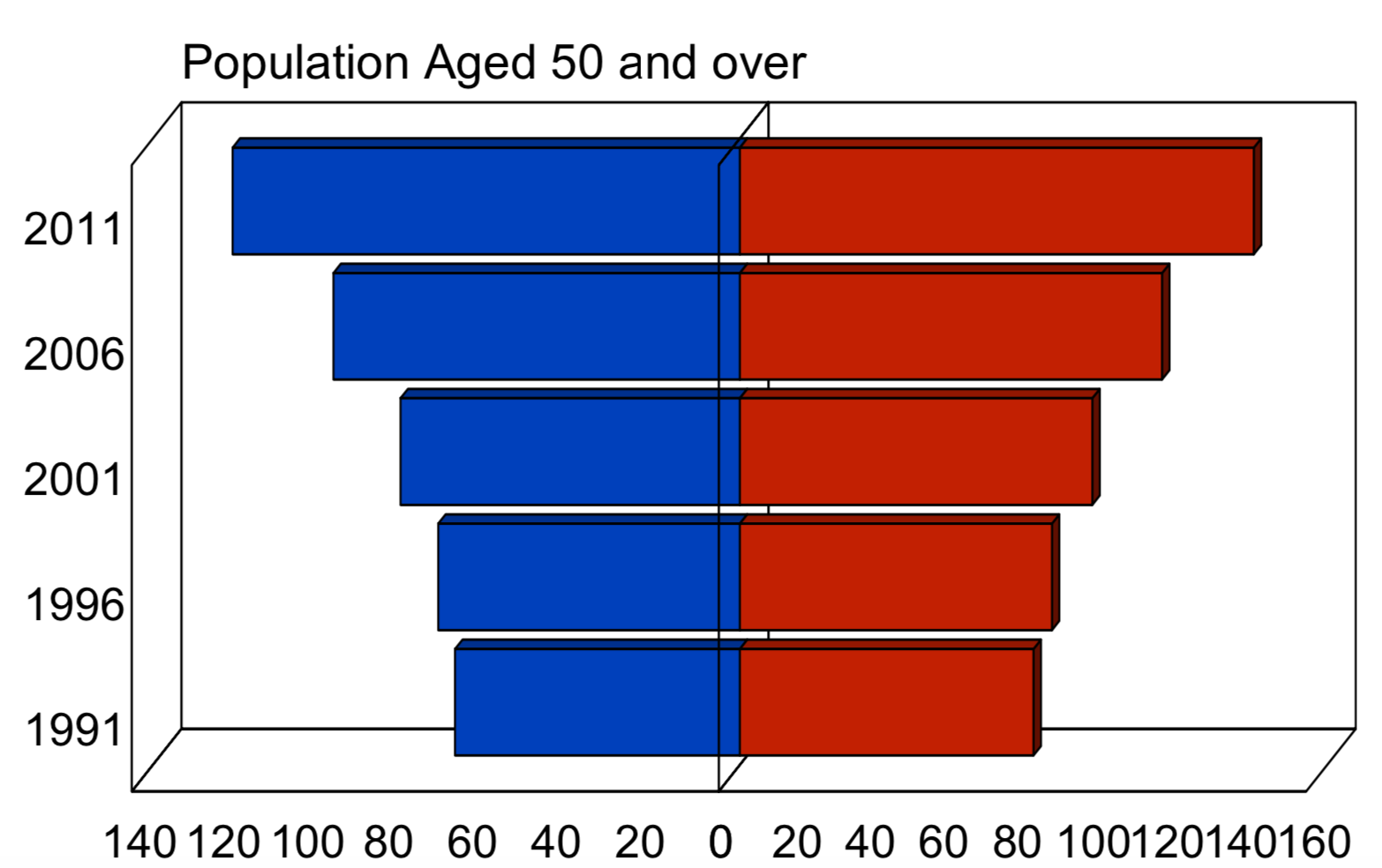
Botswana takes bold steps to address health and wellbeing of the older population
The government of Botswana began developing the national healthy ageing strategic programme in 2019. The strategy’s goal is to ensure comprehensive public-health response to meet the needs of older population in line with universal health coverage (UHC). Given that...
Experiences and perceptions of barriers to health services for elderly in rural Namibia
The attainment of Universal Health Coverage (UHC) requires that no one must be left behind and that all people regardless of their social economic and demographic characteristics have access to quality healthcare. Therefore UHC means that elderly rural populations...
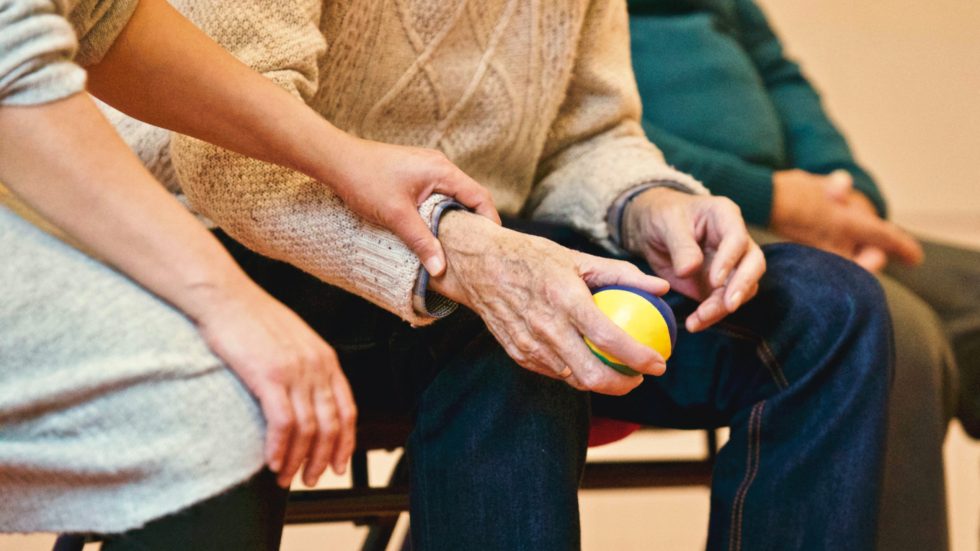
Singapore increases public subsidies for health premiums to senior citizens
Singapore increases annual public subsidies of MediSave for seniors citizens from $250 to $1,100 based on age and pre-existing conditions. MediSave can be used to pay the premiums for MediShield Life and other MediSave-approved insurance plans, as well as medical...
